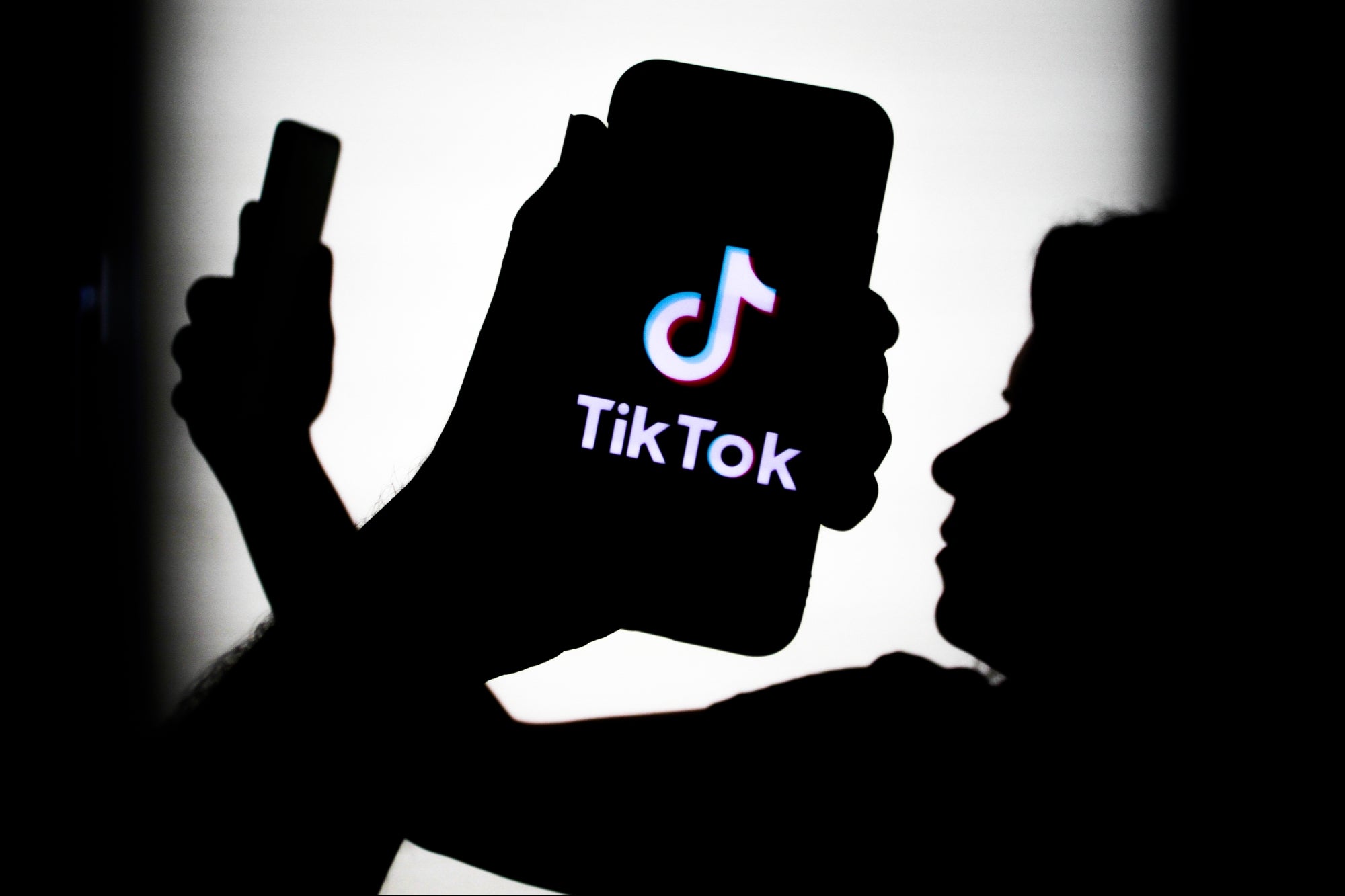The Future Of Open Banking In India Open banking seems to stay forever, as already the current market size of this system is around 3-4 million customers
Opinions expressed by Entrepreneur contributors are their own.
You're reading Entrepreneur India, an international franchise of Entrepreneur Media.

The world has changed drastically especially since the pandemic started in 2020. Everything right from education to real estate to travel, all have started using technology extensively. Banks too started relying more on their apps, UPIs, card transactions and so on. Earlier, people were using online banking system to make and receive payments, etc., but since the pandemic started more and more people resorted to online/card banking system rather than doing cash or cheque transactions. This clearly indicates that the future of banking will be driven by even more and major technological changes. The future of banking will be 'digital'.
Open banking and disruption
Open banking seems to stay forever, as already the current market size of this system is around 3-4 million customers and its expected to grow by 46 per cent by 2026. Open banking typically means the system of allowing access and control of consumer banking and financial accounts through third-party applications. It's on the rise and will only empower fintechs nationally and internationally. It is believed to be a fintech revolution.
While APIs are not new to the banking industry and its just like any other tool for applications to communicate with each other, they are the providers of a new gateway for innovation given that banks across the world are opening up their APIs to licensed third-party providers. Many banks such as Kotak Mahindra, HDFC Bank, ICICI Bank have already adopted the open banking module and the country is now slowly adapting completely to the new technology. Clearly the future of banking is digital.
Data transparency and security
However, with the open banking system comes data freedom. Open banking requires rigorous systems, continuous updation and consumer consent for data to be disclosed to the third parties. In an article published in a known publication, it is mentioned that more than 60 per cent of Americans choose fintech over privacy. The same is the situation now in India as more people now use wallets, cards and UPIs to do financial transactions.
People often tend to confuse open banking with online banking. As mentioned earlier, open banking is sharing the data through APIs among banks, investment companies, fintechs, or other third-party app developers and online banking is when an account holder can access their financial information and perform online transactions directly through their respective financial institution's mobile or web apps.
Completely safe and secure banking, open banking uses highest security systems to protect and encrypt the consumer data. The third-party service providers are also highly confidential and regulated. Having said that, the risk of hacking or leakage of confidential financial data cannot be ignored completely. But, security risks with open banking are also largely diminished because consumers have full control over what information they wish to make available to third-party companies. Consumers can view their account settings and set the same as per their requirements.
Conclusion
It's like a collaboration between traditional bank players and new financial players. Moreover, open banking is helpful for SMEs as well. Via APIs, fintech companies will be able to access on different types of accounts, insurance, card accounts and leases, and consolidate data from multiple countries into one frame.













